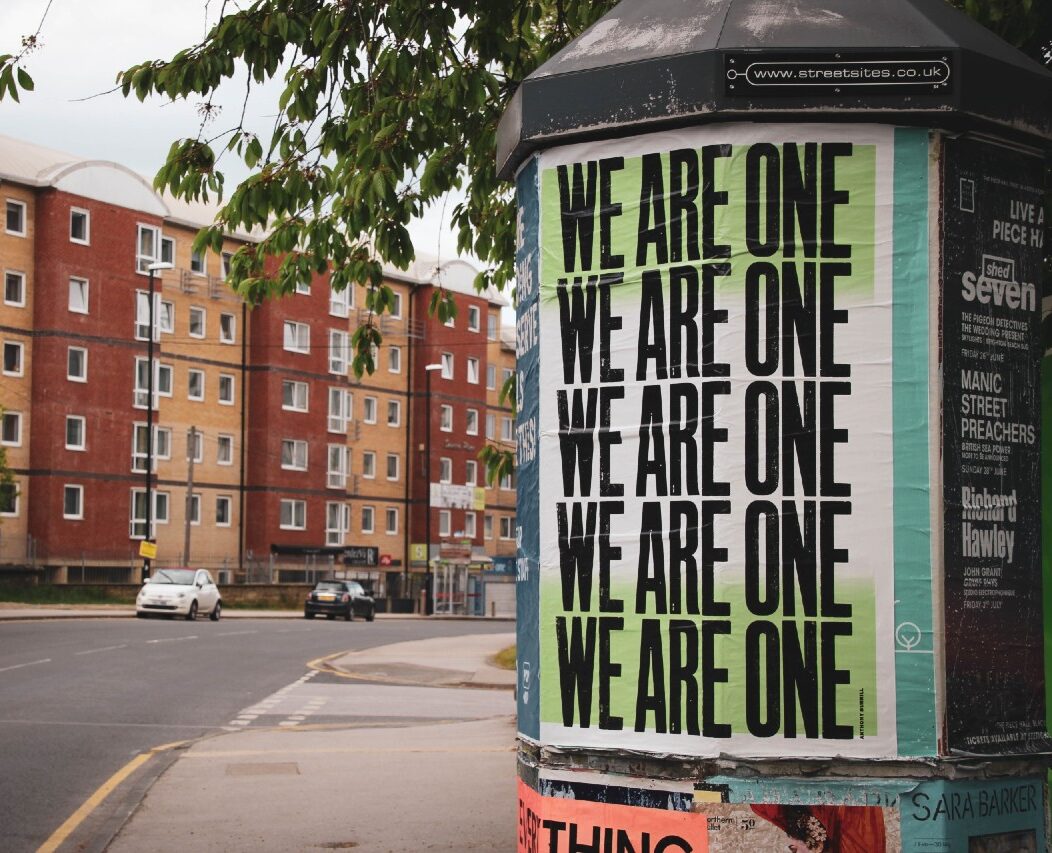Early in my career I gained some experience in the insurance industry, so tucked in the back of my mind always is the awareness of risk. Ironically, one risk is assuming your insurance broker, attorney, accountant, or banker have considered all exposure. But, there are risks that only you, your employees, vendors, and customers will realize because they experience them during day-to-day operations. One of those is your company’s culture. Your stakeholders see it in the quality of your product and service, the confidence in their business relationship, your perceived position in the market, and how agile and innovative your organization is.
Houston…
Just to be clear, not one of my clients has ever said, “We have a culture problem.” Not one. I get hired sometimes to help untangle declining revenue and profitability trends. Because I have a checklist of key questions during the discovery phase, I may learn of employees who miss deadlines, make mistakes, lack commitment, or don’t know the problems themselves. However, often clients say their staff is “like family” implying they work well together. (I’ll save this for another day, but it is rare that “like family” doesn’t negatively impact performance outcome.)
Old News, But Never Obsolete
Culture has been a hot business topic since the tech industry made napping pods, cereal and candy stations, and catered lunches cool and expected. Back in 2010 Tony Hsieh, former CEO of Zappos, was one of the first to boast of this work culture shift. He wrote Delivering Happiness, describing the culture they built and leveraged to recruit top talent. Hsieh characterized Zappos’ employees as “family”, and I recall the alarms sounding back then. He since back-peddled on the characterization because of the misnomer.
Other mega-corporations (eg Netflix) have since written about their success in building high performing organizational cultures. Since business leaders tend to be agog over trending management practices, you’d think this concept would have gotten more traction. Yet I regularly hear stories from people working at – or departing from – organizations whose culture sucked the life out of them. Not their work, not the organization’s purpose, not the hours, the culture.
What Gives?
With all the talk about culture, why don’t more CEOs and execs deliberately consider and define it for themselves? There are a number of reasons:
- relationship dynamics and diverse external cultures make this overwhelmingly complex;
- execs have many talents, but are limited around this subject;
- execs don’t realize the magnitude of the threat because employees are the ones who experience the direct pain of cultural woes;
- Fortune 500 companies may be positioned to budget for this process, but we can’t afford it;
- we don’t have the time for another project.
I get it. Maybe you feel you have other priorities and this can wait. Excellent, if ‘it can wait’ at least you are aware of culture’s significance. Get it in your strategic plan. But, if you have never considered your company’s culture, then “you have a culture problem.” And you have an opportunity to invigorate and empower your company’s performance if you will invest the time needed to articulate your culture and coach your staff as they adopt it.
If you have the experience and inclination to lead this process, I hope you will. If you need expertise and guidance, please contact me to discuss how I can help you. Reach me at 561.339.2170, or by e-mail at Karen@sealevelconsulting.com.
